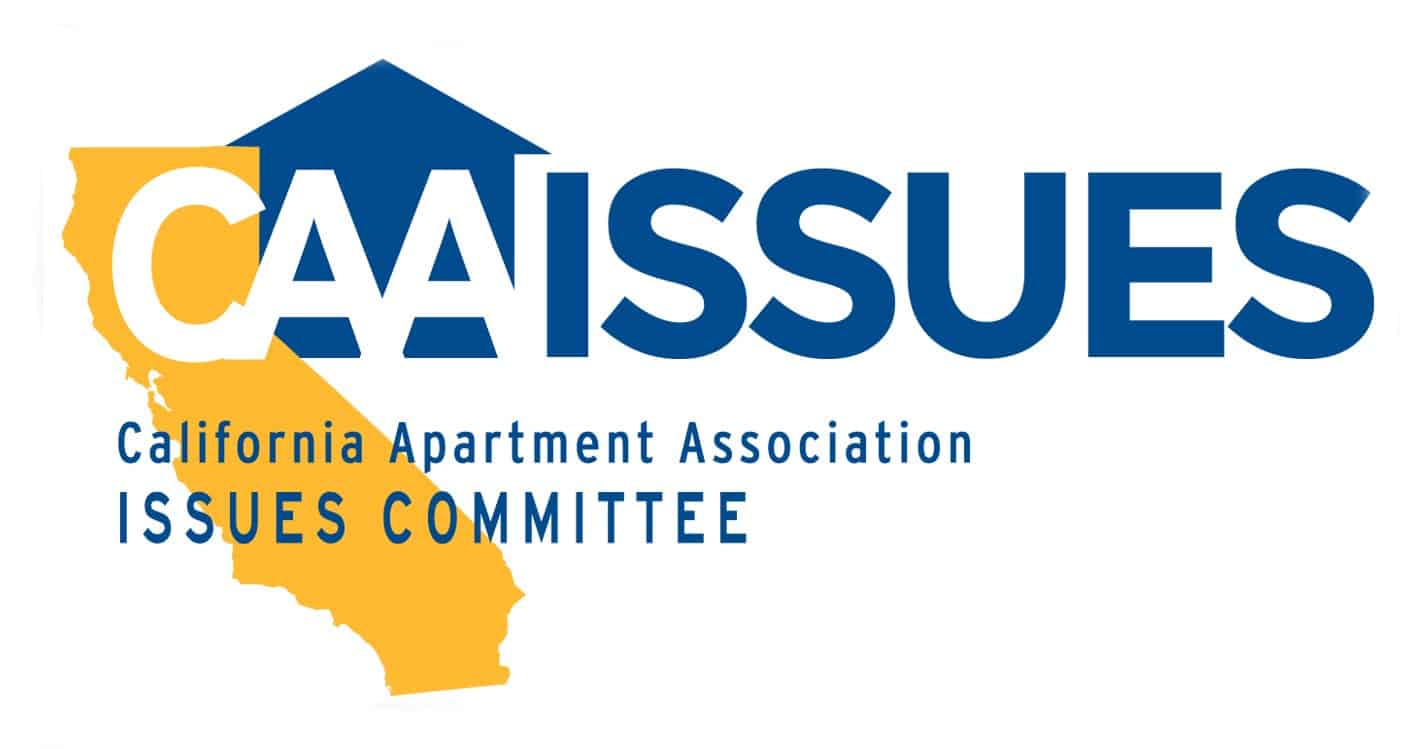A signature-gathering effort is underway so that Santa Ana residents have an opportunity to understand — and weigh in on — a pair of rent control and “just cause” for eviction ordinances hastily approved by the City Council this week.
“The California Apartment Association and a coalition of business groups, local housing providers and residents, believe the City Council rushed to impose these laws without any meaningful outreach to the community, analysis, or understanding of their impacts on the city’s finances or housing stock,” said Victor Cao, CAA’s senior vice president of local public affairs.
The city developed its proposals in secret meetings and with zero stakeholder outreach. The City Council also had to redo its initial vote on the measures because of alleged violations of the Brown Act, California’s primary open meetings law.
“These laws must be put on hold so the public can fully understand the ordinances adopted by the council, and the people of Santa Ana should decide if this is the housing policy they want for the city,” Cao said.
Petitioners seeking to referend the rent control and just cause ordinances need to collect 12,500 signatures from registered voters – and do so within 30 days of the ordinances being ratified, which happened Tuesday, Oct. 20.
If the referendum qualifies, the Santa Ana City Council will have two choices: Rescind the ordinances or put them on the ballot.
“The referendum will allow Santa Ana voters to have a community conversation and decide whether they want a multi-million-dollar bureaucracy to regulate the housing market forced on the city by four council members,” Cao said.
Santa Ana’s rent control proposal is stricter than those in Los Angeles, San Francisco, Santa Monica, and even Berkeley.
Some of the troublesome provisions in the rent control and just-cause proposals:
- Rent increases capped at 80% of local inflation rate (CPI) or 3%, whichever is less
- A limited and strict petition process for owners to get a higher rent increase.
- Just cause eviction requirements starting on the 31st day of tenancy.
- Prohibiting evictions of households with students during the school year.
- Requiring the district attorney to prosecute an individual in order to evict for criminal activity.
- Mandating higher relocation assistance payments to households beyond what’s in state law.
- Undetermined and unlimited fees on landlords to fund the program development, implementation, and enforcement. Most cities with this type of program charge landlords over $100/unit.
PAID FOR BY SANTA ANA FOR FAIR & EQUITABLE HOUSING, SPONSORED BY THE CALIFORNIA APARTMENT ASSOCIATION
